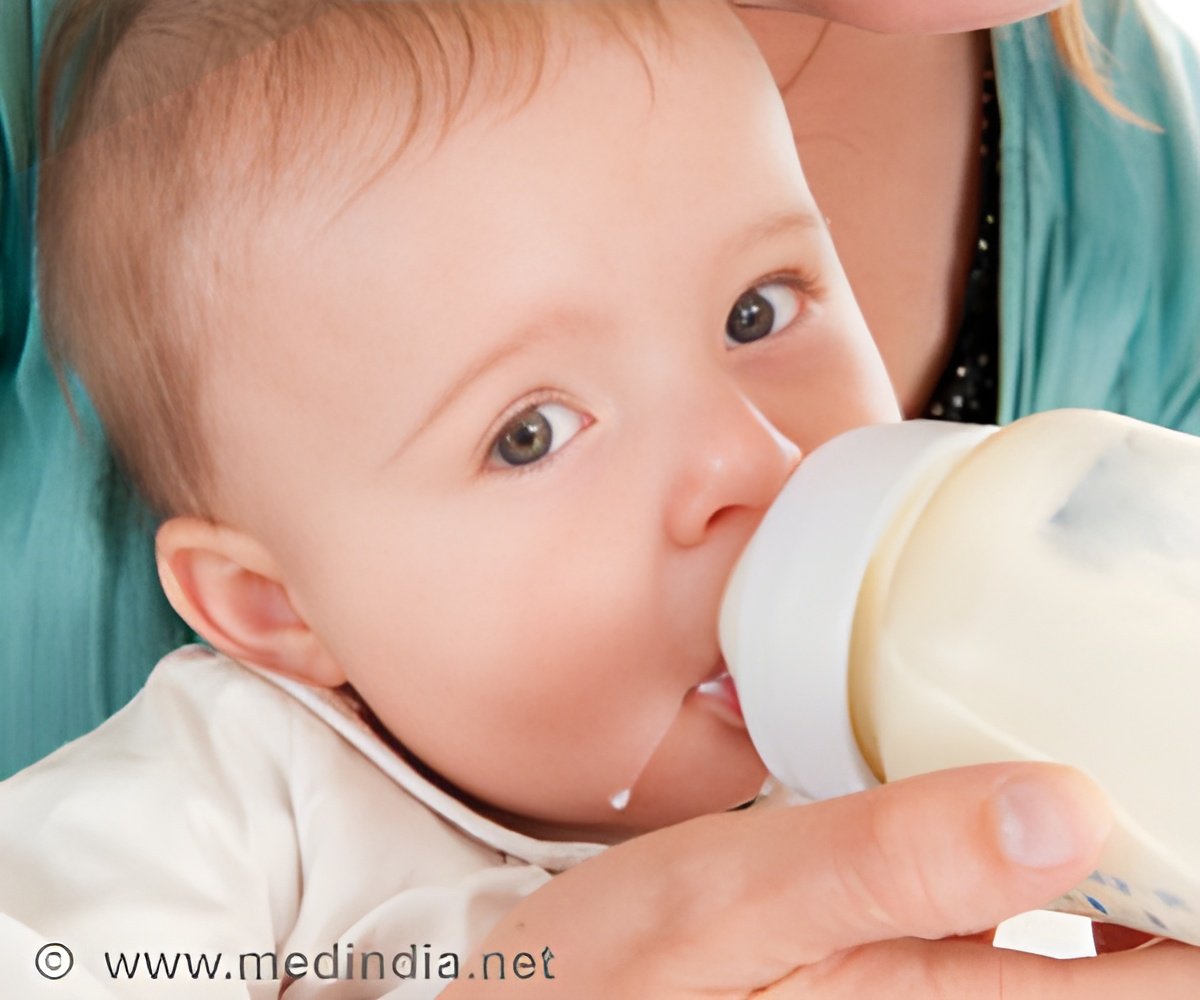
It has also tendered apology "unreservedly" to the baby's parents and the donor mother.
Authorities reassured that the risk of the baby contracting the disease is negligible because of “good health of all those involved.”
As a precautionary measure, blood and milk samples have been taken from the baby for testing, and results are expected in a week, with a routine confirmation test to be conducted in 12 weeks.
The baby's grandmother, Peggy, said a nurse had given a bottle of milk to her daughter-in-law to feed her baby but returned in about five minutes later saying that it was the wrong bottle.
The health service spokesman assured that any issues unaddressed by the investigation would be looked into to ensure that a similar incident would not happen.
Advertisement
Source-Medindia















